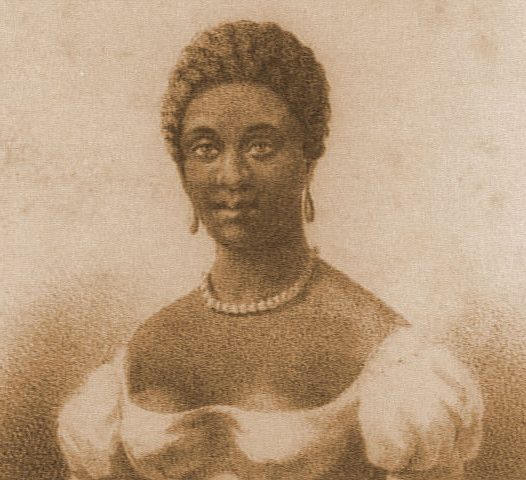Richmond Read-along 68

Welcome back to the Richmond Read-along! Today’s piece comes from poet Phillis Wheatley. Born in West Africa she was kidnapped in 1761 around the age of seven and sold to the Wheatleys, a well to do Bostonian family who named her Phillis after the ship she arrived in. Her birth name is unknown. From a young age she was a precocious learner and the Wheatleys, noticing this, made the unexpected decision to tutor her alongside her domestic work.
By the age of twelve Wheatley was reading in Latin and Ancient Greek. She wrote her first poem soon after, and by twenty Wheatley had collected enough poems and enough of an audience for a book to be published in 1773. She was emancipated the same year, but no longer tied to the Wheatley family, publishers were uninterested in further work and she died in poverty at 31. Today’s poem contains multiple references to the sun and sun worship; this was a common theme in Wheatley’s work and some scholars believe this may be a reference to religious practices she grew up with.
A Hymn to the Morning
Attend my lays, ye ever honour’d nine,
Assist my labours, and my strains refine;
In smoothest numbers pour the notes along,
For bright Aurora now demands my song.
Aurora hail, and all the thousand dies,
Which deck thy progress through the vaulted skies:
The morn awakes, and wide extends her rays,
On ev’ry leaf the gentle zephyr plays;
Harmonious lays the feather’d race resume,
Dart the bright eye, and shake the painted plume.
Ye shady groves, your verdant gloom display
To shield your poet from the burning day:
Calliope awake the sacred lyre,
While thy fair sisters fan the pleasing fire:
The bow’rs, the gales, the variegated skies
In all their pleasures in my bosom rise.
See in the east th’ illustrious king of day!
His rising radiance drives the shades away—
But Oh! I feel his fervid beams too strong,
And scarce begun, concludes th’ abortive song.
You can find this poem in the Project Gutenberg collection of Wheatley’s poems. Read more about Wheatley’s life in her biography from the American National Women’s History Museum.
Join us tomorrow for the next Richmond Read-along!
